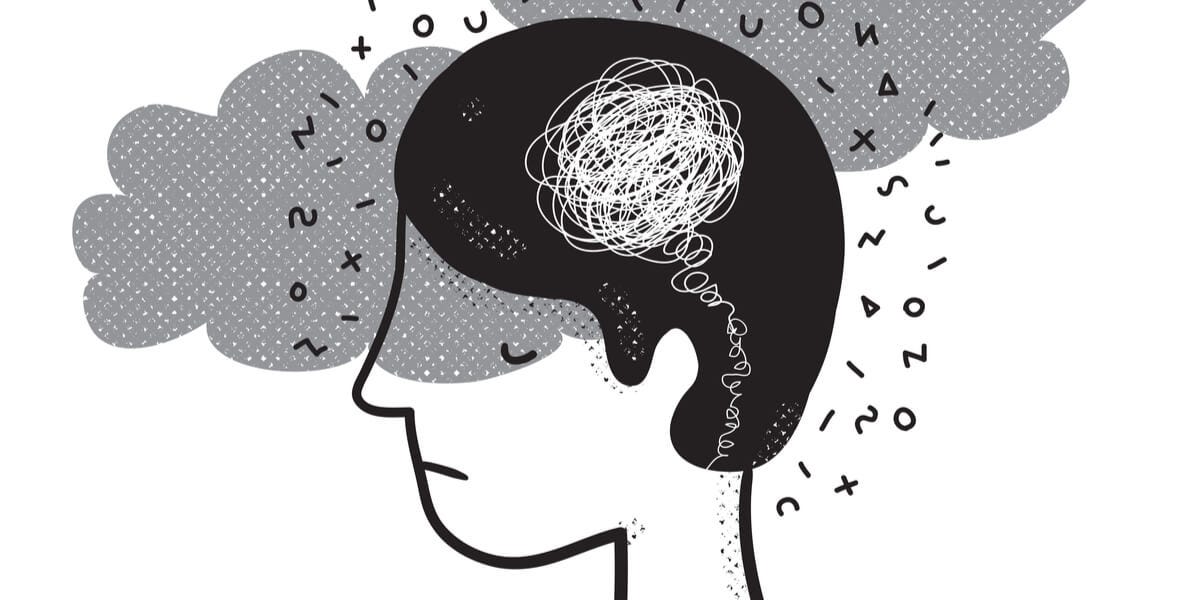When Traumatic Events Happen
Traumatic or adverse events can deeply affect us, bringing about a wide range of natural and expected feelings and experiences. There is no "right" or "wrong" way to feel, and the recovery process requires time, patience, and intentional effort. It’s important to remember that healing looks different for everyone—others may recover at a different pace or in ways that are not the same as yours.
Common Reactions to Traumatic or Adverse Events
Experiencing any of the following reactions is a normal response to trauma or hardship:
Emotional Responses: Confusion, disorientation, worry, overwhelm, fear, intrusive thoughts or images, self-blame, shock, sorrow, grief, numbness, anger, irritability, guilt, shame.
Behavioral Responses: Extreme withdrawal, interpersonal conflict, weariness, exhaustion.
Physical Responses: Fatigue, headaches, muscle tension, upset stomach, increased heart rate, exaggerated startle response.
Cognitive Responses: Difficulty sleeping, eating, or concentrating.
Helpful Strategies
If you are struggling, these strategies may help you cope and find stability:
Acknowledge Your Emotions: Give yourself permission to feel whatever arises—there’s no wrong way to process emotions.
Connect with Others: Talk to someone you trust or spend time with supportive people.
Focus on Practical Steps: Identify something small and achievable that you can do right now to regain a sense of control.
Engage in Grounding Activities: Try relaxation techniques, mindfulness exercises, or physical activities to stay present in your body and the moment.
Practice Self-Care: Prioritize sleep, stay hydrated, and nourish your body with healthy food.
Stick to a Routine: Keep a regular schedule as much as possible to provide structure and normalcy.
Use Grounding Exercises: These can help soothe feelings of overwhelm and anxiety.
Seek Professional Support: Counseling can provide valuable tools and support. Contact FEAP for resources and guidance.
Promoting Growth After Trauma
While trauma is challenging it can stimulate growth and resilience.
Consider the following steps:
Establish Safety: Focus on restoring a sense of physical, emotional, and psychological security.
Name Your Emotions: Allow yourself to experience the full range of feelings, and name them—whether it’s fear, anger, love, or bewilderment. Breathe through these emotions and connect with trusted supports.
Tell Your Story: Develop a narrative that feels authentic to you and your experience. Reflecting on the event and its aftermath can help you accept what has happened.
Act with Compassion: Engage in actions that benefit others, express gratitude, or show compassion to those around you.
Reconnect with Your Values: Identify what matters most to you and make decisions that align with those values.
Find Meaning: Look for personal or shared missions that energize and inspire you, helping you to make sense of the experience.
Responses That May Lead to Greater Suffering
If you notice any of the following patterns, it’s important to reach out for support:
Using alcohol or drugs to cope.
Overworking to avoid processing emotions.
Avoiding any thoughts or discussions about the event(s).
Engaging in violence or conflict.
Neglecting self-care.
Resources for Support
· FEAP (434-243-2643)
· UVA Maxine Platzer Lynn Women’s Center
· Compassionate Care Initiative
· Mary D Ainsworth Psychological Clinic
· Virginia Community Response Network
· Region Ten Crisis Support Services
Resources for UVA Students
· Counseling and Psychological Services (CAPS) (434-243-5150)
· TimelyCare (Student Health)



